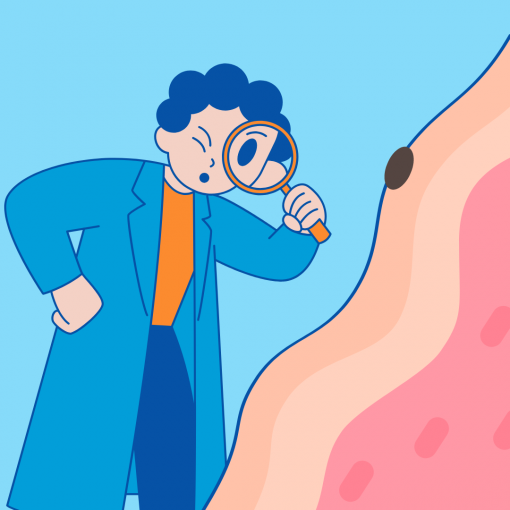Pause and Take a Deep Breath
Life can be so busy and complicated. With all of the deadlines, responsibilities, and never-ending tasks, it’s easy to forget about the simple yet profound act of taking a deep breath. Breathing is something that we do subconsciously, but if done mindfully, it can have transformative on our overall well-being. In this blog post we will explore the importance of taking a deep breath and the impact it can have on our physical and mental health.
The Power of Breath
- Breathing is an essential part of our lives, but it’s significance often goes unnoticed. Our breath is closely connected to our nervous system, influencing the state of our minds and bodies. Taking a deep breath activates the parasympathetic nervous system, which is known as the relaxation response. When we take slow, deep breaths, it is a signal to our body that it’s safe to relax. Our heart rate slows down, blood pressure decreases, and muscles loosen. All of these things, from a simple breath, promote a sense of calmness and well-being.
Mindfulness and Awareness
- An increased awareness of the present moment can be a direct result of the incorporation of deep breathing into mindfulness practices. In a world filled with distractions, mindfulness teaches us to anchor in the here and now. By focusing on our breathing, we can cultivate a sense of presence and attention that can lead to greater clarity as well as an increased sense of gratitude. Deep breathing can also serve as a tool for managing emotions. When we encounter stressful situations, our breathing often becomes much more shallow and rapid. By intentionally slowing down and deepening our breath, we can create space between the stimulus and our response, allowing us to respond to challenges with greater equanimity and composure.
Physical Benefits
- The benefits of deep breathing extend beyond the realm of mental health. Studies have shown that diaphragmatic breathing improves oxygenation of the blood, which promotes better circulation through the body and enhances the body’s ability to function at an optimum level. It can alleviate tension in the muscles, reduce inflammation, and even boost the immune system. Deep breathing has also been shown to have positive effects on respiratory, cardiovascular, and digestive systems. By fostering a state of relaxation, deep breathing can alleviate symptoms associated with conditions such as asthma, hypertension, and irritable bowel syndrome.
Incorporating Deep Breathing into Daily Life
- Despite its simplicity, incorporating deep breathing into daily living can be a challenge especially in a society that heavily focuses on busyness and productivity. However, making a conscious effort to pause and take a few deep breaths throughout the day can yield significant benefits. Any time we can find an opportunity to simply breath, it can help us navigate the ups and downs of life with greater resilience. Whether that’s upon waking up, during stressful moments at work, or before bedtime there is no bad opportunity to practice taking deep breaths. Over time, deep breathing can become a regular and natural practice in our lives.
Taking a deep breath may seem like a small act, but its effects are profound. From promoting relaxation and mindfulness to improving physical health and emotional resilience, deep breathing offers an expanse of benefits. The next time you feel overwhelmed or anxious, remember to pause and take a deep breath. You never know the impact it could have in your life.




